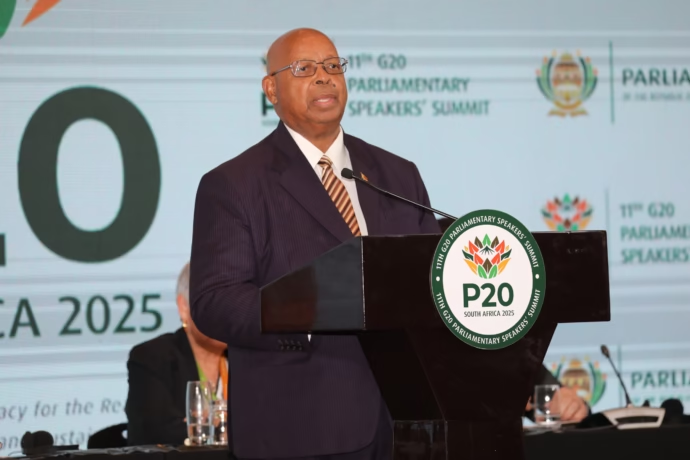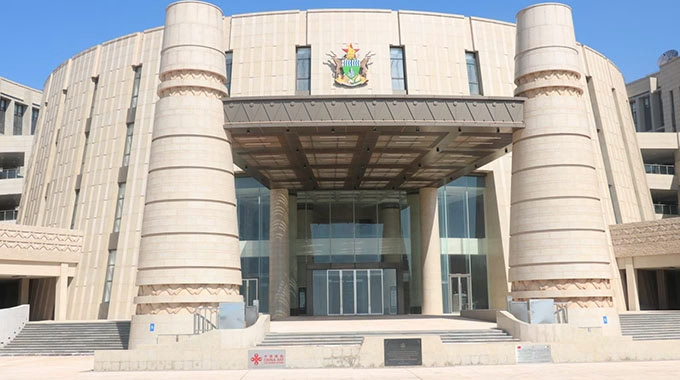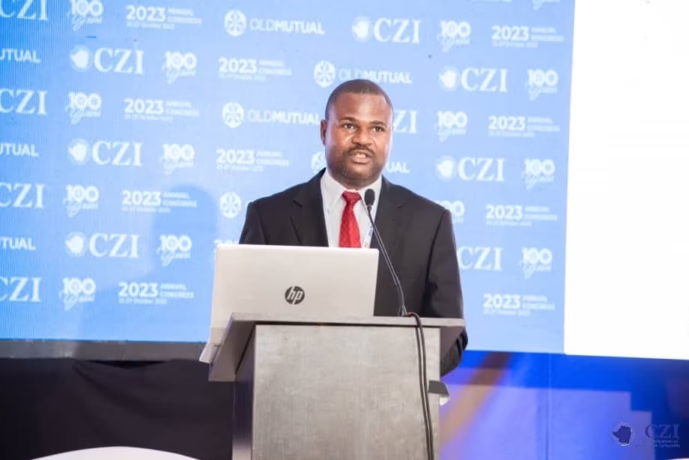
Zimbabwe’s fight against HIV has long been a story of resilience, innovation, and collective determination. Today, that journey is entering a decisive phase, with the country standing just a step away from eliminating mother-to-child transmission of HIV, syphilis, and hepatitis B—an achievement that would place Zimbabwe among a handful of nations globally to reach such a milestone.
At 6.4 percent, Zimbabwe’s mother-to-child transmission rate is now within touching distance of the World Health Organisation’s benchmark of less than five percent, which the nation aims to achieve by 2026. Behind this number lies years of deliberate policy choices, investments in health infrastructure, and partnerships that have transformed Zimbabwe into what health experts now describe as a “beacon of progress” in the global HIV response.
Health and Child Care Minister, Dr Douglas Mombeshora, has been emphatic that this milestone is not merely a statistic but a reflection of lives being saved, families being preserved, and communities being uplifted. He underscored the centrality of prevention, treatment, and community-driven approaches, noting that nearly all pregnant women in Zimbabwe are now tested and treated for syphilis, while efforts to eliminate hepatitis B are steadily expanding. The emphasis, he added, must now be on tailored solutions at provincial level, ensuring no community is left behind in this final push.
This progress is anchored in Zimbabwe’s earlier achievement of the global 95-95-95 HIV targets, where 95 percent of people living with HIV know their status, 95 percent of those diagnosed are on treatment, and 95 percent of those on treatment are virally suppressed. UNAIDS has hailed Zimbabwe as a global leader, with its Country Representative, Henry Damisoni, describing the country’s trajectory as a model others can emulate.
Equally striking is Zimbabwe’s role as an early adopter of the six-monthly HIV prevention injection, a breakthrough innovation that promises to transform prevention, particularly among vulnerable populations. WHO’s Dr Precious Andifasi has hailed this as a “game-changer,” underscoring Zimbabwe’s boldness in embracing innovations that widen access and improve outcomes.
But perhaps what makes this moment uniquely significant is the symbolism it carries. Eliminating mother-to-child transmission is not only about reducing percentages. It is about ensuring that no child is born with HIV, breaking intergenerational cycles of infection, and safeguarding the next generation’s right to a healthy start in life. It is about freeing mothers from the burden of preventable infections and giving families hope for a future unshackled from the shadow of HIV.
The journey is not without its hurdles. Challenges remain in hepatitis B testing, birth dose vaccination, and equitable access to services in rural and hard-to-reach areas. Community-level sensitisation and addressing structural barriers, including stigma, remain critical. Yet the trajectory is clear, and the momentum undeniable.
As the country edges closer to validation by the WHO, Zimbabwe’s progress is more than a national triumph. It is a continental signal that with political will, consistent investment, and strategic partnerships, even the most daunting health challenges can be conquered. For a nation once considered at the epicenter of the HIV epidemic, the possibility of eliminating mother-to-child transmission is nothing short of historic.




